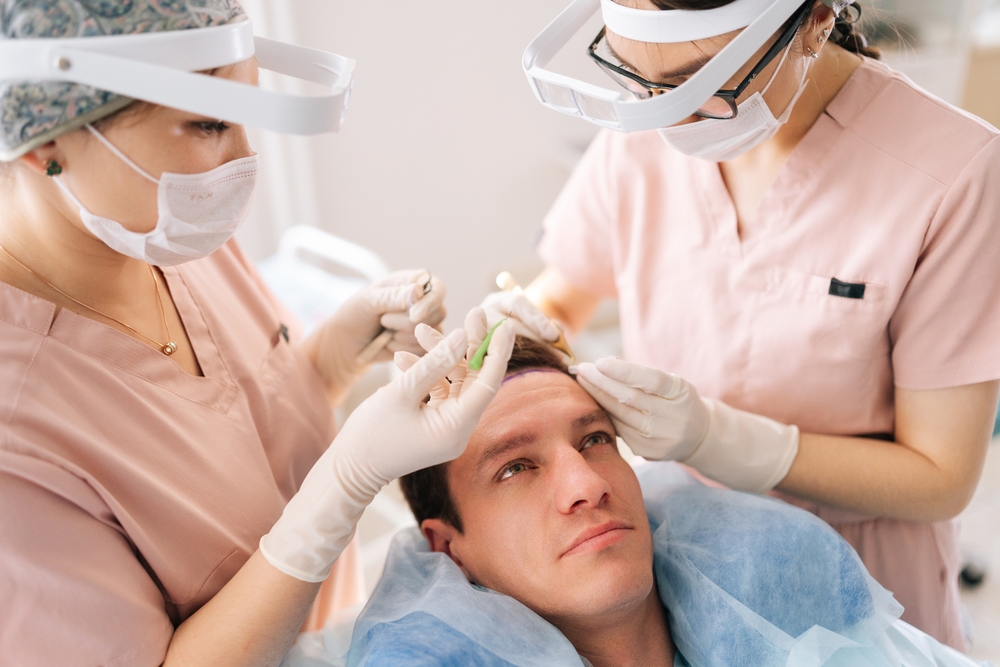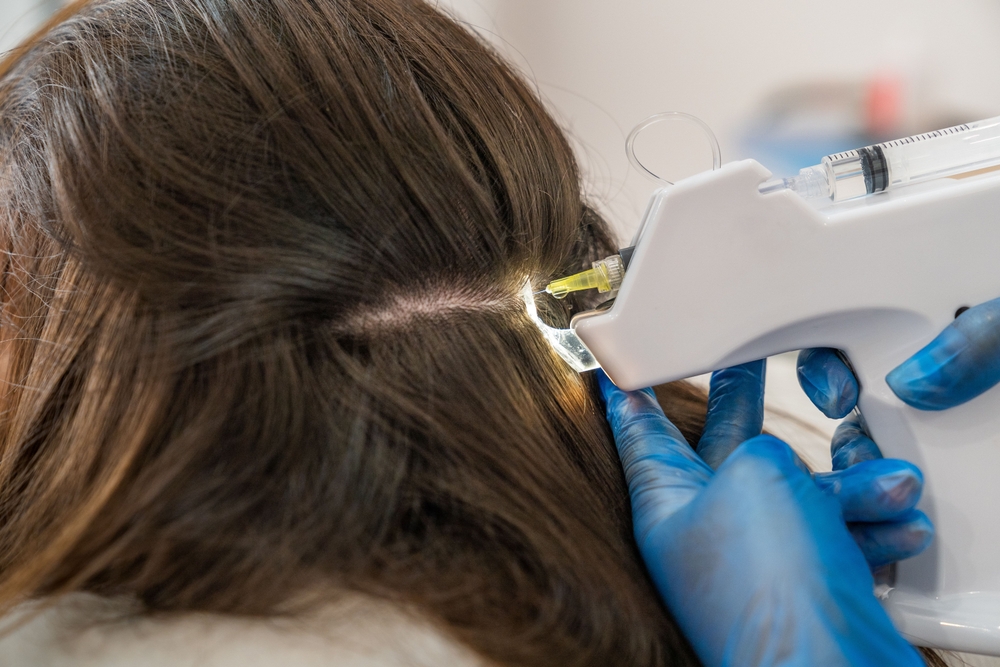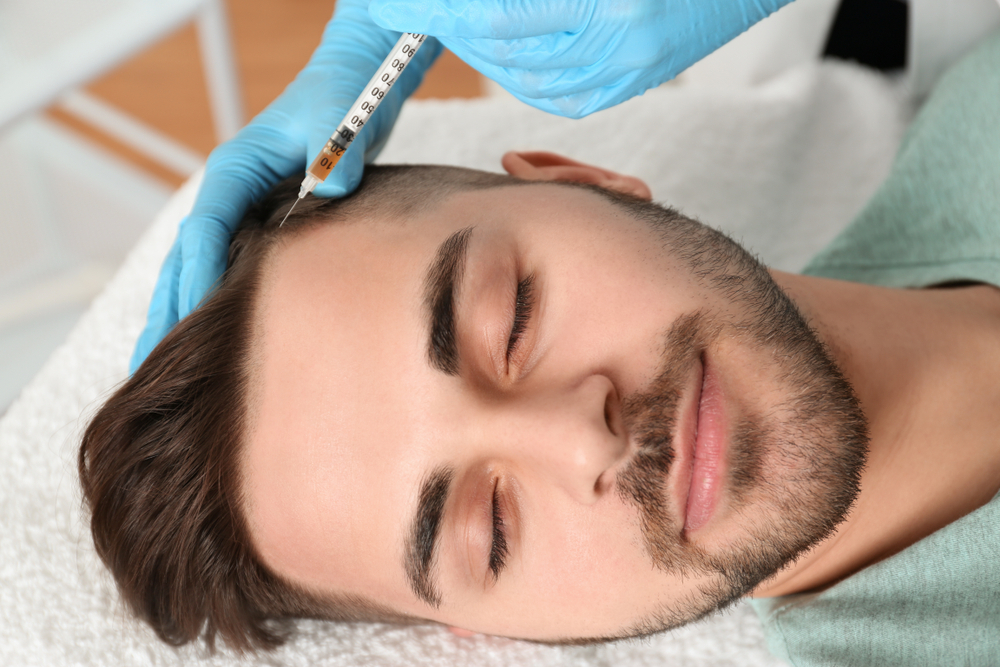Unraveling The Impact: Psychological Strands Of Hair Loss Treatment

In a world where our exterior form significantly influences our inner self-confidence, what happens when that outward identity begins to change? How do we cope when the reflection we recognize starts to evolve, often against our will? Particularly, what happens when we begin to lose a defining attribute—our hair? Grappling with hair loss can bring about multifaceted feelings and raise numerous questions. This blog post aims to explore the emotional aspects and psychological perspectives on hair loss treatment, deep-diving into the subject beyond what we usually see and read.
Hair loss, a topic often brushed under the rug, has profound psychological implications. These implications extend even to how treatments are perceived and responded to, influencing efficacy and patient satisfaction. By addressing the connection between hair loss, the resulting emotional turmoil, and the journey towards acceptance through treatment, this post aims to shed light on an often-overlooked conversation.
Let's walk through this journey together, dissecting the underlying psychological effects, exploring the benefits and drawbacks of hair loss treatments, and understanding how to regain not only hair but also self-confidence and peace of mind.
Contemplating The Psychological Effects Of Hair Loss
Hair loss transcends merely an aesthetic concern—it sears deep, engendering feelings of loss, fear and grief. Living in a society that equates hair with beauty and youth, hair loss can cause self-esteem to plummet and anxiety to soar.
Understanding the psychological effects of hair loss begins with acknowledging the central role hair plays in identity and self-esteem. Hair acts as a symbol of health and vitality, and its loss can lead to perceived loss of control and diminished personal appeal.
As the distress intensifies, individuals often grapple with social anxiety, triggered by the fear of public humiliation. This unsettling concern may lead to social withdrawal and cascading psychological distress, disrupting daily routines and personal relationships.

Highlighting The Pros And Cons Of Hair Remedies
Despite the prevailing stigma around hair loss and hair treatments, numerous viable options have made their presence known. These choices range from medical interventions like Minoxidil and Finasteride, to hair transplant surgeries, and natural remedies like essential oils and diet modifications.
That being said, each course of action boasts its benefits and challenges. Medical treatments often promise faster results, albeit with potential side effects. Natural remedies, on the other hand, are safer but require patience and rigorous adherence. Hair transplant surgeries offer a permanent solution, but the cost and invasive nature often deter individuals.
Inherent in each treatment type is the psychological boost derived from taking action. However, understanding the pros and cons helps to align expectations and manage emotional reactions to the outcome.
Rediscovering Confidence: The Hair Loss Treatment Journey
Deciding on a hair loss treatment plan can be as emotional as the hair loss itself. From the initial decision to seek help to the waiting period for results, each step can evoke a whirlwind of emotions. In every phase, it's crucial to cultivate self-compassion and patience.
Often, the emotional journey surpasses the physical transformation, gradually bolstering confidence and alleviating anxiety. Accompanying this journey should be a support system—a network of loved ones, healthcare professionals, and people with similar experiences.
Rethinking Aesthetics: Breaking The Stereotypes
Breaking the stereotypes around hair loss and initiating healthy conversations are necessary steps towards acceptance and emotional healing. We are more than our looks. Our worth extends beyond our physical attributes. And it's high time we cut off the threads of societal expectations that tie aesthetics to self-worth.

The Intersection Of Hair Loss, Treatment & Mental Health
The nexus between hair loss, treatment, and mental health is undeniable. Emphasizing mental well-being while addressing hair loss is crucial to holistic recovery. It's about more than just regrowing hair—it's equally about restructuring thoughts, building resilience, and nurturing self-acceptance.
Conclusion:
The psychological groundwork of hair loss is a deep-rooted maze of emotions. It's about self-identity, the fear of societal judgment, and the struggle to regain control. However, confronting these feelings directly, with understanding and compassion, can guide the path out of the labyrinth and into a place of acceptance and resilience.
Hair loss treatments come with their fair share of pros and cons. But, in the end, the decision to choose a particular treatment should stem from personal comfort, realistic expectations, and a focus on overall well-being rather than just aesthetics.
As we redefine beauty standards and dismantle outdated assumptions, we move closer to normalizing hair loss and its ensuing treatment journey. In understanding the power of acceptance and resilience, we open the gates to true emotional healing. Let's celebrate every step, every decision, every success—no matter how small they might seem in this epic journey towards holistic recovery.








No comments